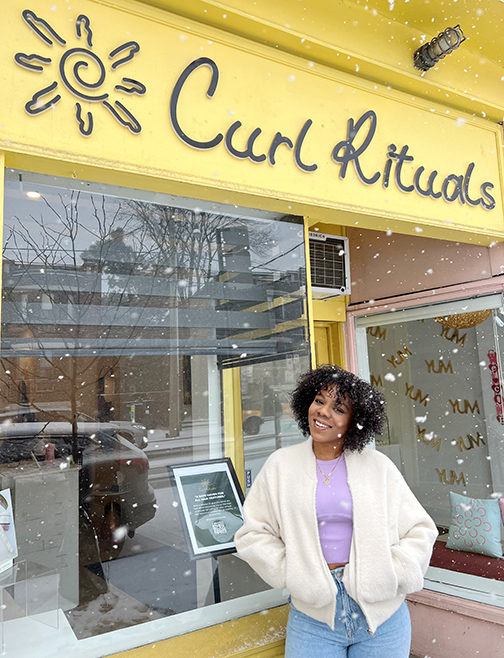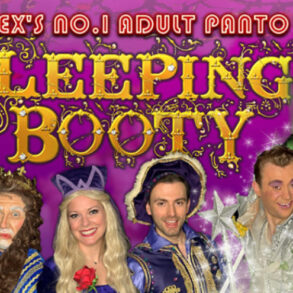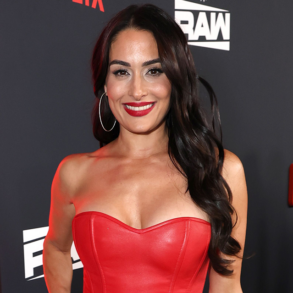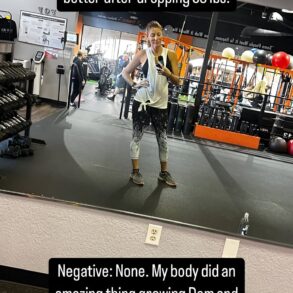
By MIMI LILIEFELDT
As another Black History Month comes to a close, it prompted me to reflect on my own Blackness.
For many years I didn’t feel I had much of a claim, if any to it. I wasn’t confident in what my appearance projected to the world, and my understanding of popular Black culture was limited.
I didn’t feel I fit in. In high school I was told by a group of Black girls that I wasn’t “Black enough”.
What did that mean? I still don’t know.
Of course, over the last three years of writing this column, I’m trying to learn more about what it means for me to be a Black woman. And a significant aspect of being a Black person is our hair.
I know we have covered hair in this column before, and you might ask yourself, what more could they have to say? Well, if you’ve had your hair in its natural state weaponized as proof of your inferiority for hundreds of years, you might find that there’s a lot to say.
This month I spoke with Tamara Collins-Greaves, owner of Curl Rituals on Kingston Road just east of Kingswood Road who has a plethora of knowledge about all types of hair, and curly hair in particular.
Tamara was born in Montreal to her Kittitian (someone from St. Kitts) mother and her English father of Jamaican descent.
When she was five years old her family moved to Durham Region where she grew up. “In the early ’90s it (Durham) was not really multi-cultural at all. I was always one of the one or two kids of colour in the class,” she said.
Living in a less culturally diverse area, I wondered what options were available to Tamara for hair care. It turned out the options were mostly limited to the home.
Tamara said, “Within the Caribbean culture it was said that hair is beautiful, but it had to look a certain way. As a kid my mom would groom my hair to be very neatly styled. . . as I got older it transitioned to protective styling with braids, and for that ‘nice” look we would want our hair straightened so our parents would use the hot comb. I remember always fearing getting burned. But it was either straight, or it’s not good.”
She continued with, “We were conditioned that our hair had to be beautiful, which meant a lot of manipulation and so many different styles which were definitely causing damage as well.”
The pressure Black people, particularly Black women, have felt to wear their hair a certain way was forced upon us by way of discrimination. Eurocentric culture has always set the standard of beauty in the western world, which meant natural and traditional styles had to be put aside for many Black people in order to stand any chance of advancement.
There have been a few highly publicized cases of hair-based discrimination.
A story that broke in September 2023 particularly stood out. In Mont Belvieu, Texas a high school student served more than two weeks in-school suspension for wearing his twisted dreadlocks to school. The school said that it wasn’t about his dreadlocks and that the length was in violation of the dress code. The student’s mother said that didn’t make sense since the locks were tied up neatly on the top of his head.
It’s easy to see how all this fixation on policing Black hair can be a distraction. A distraction from letting a young student advance their education, a distraction from real issues like equal opportunity for Black and people of colour; let people get entangled in this meaningless debate so the systems of oppression can continue to operate unscrutinized.
To allow these injustices to overshadow the true beauty in our Blackness and our hair would be to let ignorance win, and we won’t do that.
Thankfully in our modern world we have more access to the world at large and through the perseverance of activists had more visible representation of Black and people of colour achieving all manner of greatness.
One of the strongest superpowers we have is community. Tamara shared how communal an experience hair care was for her and her family.
“We all came together and made it more of a bonding thing. We would do each other’s hair, sometimes I would say, ‘sorry’ to my mom ‘but I’m going to get auntie to do my hair because she’s more gentle than you’. There was always someone who knew how to do hair in my family. My mom would be doing the hair of all the kids that came over. My mom and my aunt were that resource for people. They loved that. They loved sharing what they knew about it. I think that’s what made me so into hair as well. They were interested in how they represented themselves through their hair and how they looked. . . Sundays my cousins would come over, Sundays were hair day. My mom would be doing hair on the hot stove, there were three girls, and we would line up to get our hair hot combed.”
After high school, Tamara decided to get serious about her passion for hair and went to hair styling school in Toronto.
When she graduated, she knew she was going to work as an assistant in a high-end salon in Toronto so she could get the best, most widely varied experience.
Over the next 10 years Tamara gained more experience and education working on all types of hair, not just curly or Black hair. She felt it was very important to understand all hair styling and colouring techniques.
During the pandemic when salons were shut down, Tamara, a resourceful wife and mother of three kids knew she had to be creative, she started doing virtual hair consultations, sold hair products, and expanded her social media platform to help generate more income.
With the idea of opening her own salon floating in the recesses of her mind, she even took some business courses to prepare herself for her next chapter.
In October 2021, the doors to Curl Rituals opened. Tamara had felt that the curly hair industry was a little ridged and wanted to transform perceptions.
“I wanted to change how people view curly hair professionals. . . I think with my background and how versatile I can be, I understand many different hair types. I’m trying to bridge that.”
She wants to be more open minded and have her salon be able to provide more variety. Since opening her doors she has embraced her new community, “I like how the neighbourhood is so supportive and homey. I find that everyone looks out for each other here.”
On a personal note, Tamara told me that in 2014 she stopped relaxing (a chemical treatment that Black people have been using for over 100 years to straighten their hair) her hair and started discovering her natural curls.
“As a Black woman wearing my natural hair is a huge statement of confidence and authenticity to who I truly am. I love challenging stereotypes and promoting inclusivity, there are no two curl textures alike! It’s important for my kids and the world at large to understand that Black hair is diverse, beautiful, and deserving of respect and acceptance. Black hair comes in a variety of textures, styles and lengths, each with its own beauty and significance. It’s not just about aesthetics; Black hair is deeply intertwined with culture, history, and identity,” she said.
It is these words of wisdom that I wish someone had shared with me when I was younger. I am still learning now that it doesn’t matter whether I wear my hair straight, curly or frizzed out a la Chaka Khan, it does not define my Blackness. I can be any kind of Black woman I want to be.
— Mimi Liliefeldt is a Beach resident and business owner. She can be reached at mimi@missfit.ca
Was this article informative? Become a Beach Metro Community News Supporter today! For 50 years, we have worked hard to be the eyes and ears in your community, inform you of upcoming events, and let you know what and who is making a difference. We cover the big stories as well as the little things that often matter the most. CLICK HERE to support your Beach Metro Community News!
This post was originally published on this site be sure to check out more of their content.








